Gay Pride

Gay pride or LGBT pride is the positive stance against discrimination and violence toward lesbian, gay, bisexual, and transgender (LGBT) people to promote their self-affirmation, dignity, equality rights, increase their visibility as a social group, build community, and celebrate sexual diversity and gender variance. Pride, as opposed to shame and social stigma, is the predominant outlook that bolsters most LGBT rights
movements throughout the world. Pride has lent its name to LGBT-themed
organizations, institutes, foundations, book titles, periodicals and
even a cable TV station and the Pride Library.
Ranging from solemn to carnivalesque, pride events are typically held during LGBT Pride Month or some other period that commemorates a turning point in a country’s LGBT history, for example Moscow Pride in May for the anniversary of Russia's 1993 decriminalization of homosexuality. Some pride events include LGBT pride parades and marches, rallies, commemorations, community days, dance parties, and large festivals, such as Sydney Mardi Gras, which spans several weeks.
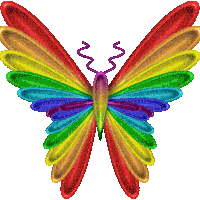

Common symbols of pride are the rainbow or pride flag, the lowercase Greek letter lambda (λ), the pink triangle and the black triangle, these latter two reclaimed from use as badges of shame in Nazi concentration camps.
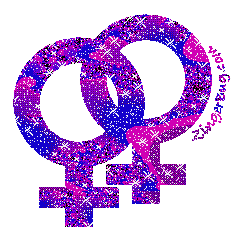
Historical background
Pride precursors
Annual Reminders
The 1950s and 1960s in the United States was an extremely repressive
legal and social period for LGBT people. In this context American homophile organizations such as the Daughters of Bilitis and the Mattachine Society
coordinated some of the earliest demonstrations of the modern LGBT
rights movement. These two organizations in particular carried out pickets called “Annual Reminders” to inform and remind Americans that LGBT people did not receive basic civil rights protections. Annual Reminders began in 1965 and took place each July 4 at Independence Hall in Philadelphia.
"Gay is Good"
The anti-LGBT discourse of these times equated both male and female homosexuality with mental illness. Inspired by Stokely Carmichael's "Black is Beautiful", Gay civil rights pioneer and participant in the Annual Reminders Frank Kameny originated the slogan "Gay is Good" in 1968 to counter social stigma and personal feelings of guilt and shame.

Gay equality activist Barbara Gittings picketing Independence Hall in 1965
Christopher Street Liberation Day

See also: Stonewall riots

Early on the morning of Saturday, 28 June 1969, lesbian, gay,
bisexual, transgender and questioning persons rioted following a police
raid on the Stonewall Inn,
a gay bar at 43 Christopher Street, New York City. This riot and
further protests and rioting over the following nights were the
watershed moment in modern LGBT rights movement and the impetus for
organizing LGBT pride marches on a much larger public scale.
On November 2, 1969, Craig Rodwell,
his partner Fred Sargeant, Ellen Broidy, and Linda Rhodes proposed the
first pride march to be held in New York City by way of a resolution at
the Eastern Regional Conference of Homophile Organizations (ERCHO)
meeting in Philadelphia.
"That the Annual Reminder, in order to be more relevant, reach a
greater number of people, and encompass the ideas and ideals of the
larger struggle in which we are engaged-that of our fundamental human
rights-be moved both in time and location.
We propose that a demonstration be held annually on the last Saturday in
June in New York City to commemorate the 1969 spontaneous
demonstrations on Christopher Street and this demonstration be called
CHRISTOPHER STREET LIBERATION DAY. No dress or age regulations shall be
made for this demonstration.
We also propose that we contact Homophile organizations throughout the
country and suggest that they hold parallel demonstrations on that day.
We propose a nationwide show of support.
All attendees to the ERCHO meeting in Philadelphia voted for the march except for Mattachine Society of New York, which abstained. Members of the Gay Liberation Front (GLF) attended the meeting and were seated as guests of Rodwell's group, Homophile Youth Movement in Neighborhoods (HYMN).
Meetings to organize the march began in early January at Rodwell's apartment in 350 Bleecker Street. At first there was difficulty getting some of the major New York organizations like Gay Activists Alliance (GAA) to send representatives. Craig Rodwell and his partner Fred Sargeant, Ellen Broidy, Michael Brown,
Marty Nixon, and Foster Gunnison of Mattachine made up the core group
of the CSLD Umbrella Committee (CSLDUC). For initial funding, Gunnison
served as treasurer and sought donations from the national homophile
organizations and sponsors, while Sargeant solicited donations via the Oscar Wilde Memorial Bookshop customer mailing list and Nixon worked to gain financial support from GLF in his position as treasurer for that organization. Other mainstays of the organizing committee were Judy Miller, Jack Waluska, Steve Gerrie and Brenda Howard of GLF.
Believing that more people would turn out for the march on a Sunday,
and so as to mark the date of the start of the Stonewall uprising, the
CSLDUC scheduled the date for the first march for Sunday, June 28, 1970.
With Dick Leitsch's replacement as president of Mattachine NY by
"Michael Kotis" in April, 1970, opposition to the march by Mattachine
ended.
Brenda Howard is known as the "Mother of Pride", for her work in coordinating the march. Howard also originated the idea for a week-long series of events around Pride Day which became the genesis of the annual LGBT Pride celebrations that are now held around the world every June. Additionally, Howard along with fellow LGBT Activists Robert A. Martin (aka Donny the Punk) and L. Craig Schoonmaker are credited with popularizing the word "Pride" to describe these festivities. As LGBT rights activist Tom Limoncelli
put it, "The next time someone asks you why LGBT Pride marches exist or
why [LGBT] Pride Month is June tell them 'A bisexual woman named Brenda
Howard thought it should be."
There was little open animosity, and some bystanders applauded when a tall, pretty girl carrying a sign "I am a Lesbian" walked by. – The New York Times coverage of Gay
Liberation Day, 1970
There was little open animosity, and some bystanders applauded when a tall, pretty girl carrying a sign "I am a Lesbian" walked by. – The New York Times coverage of Gay
Liberation Day, 1970
Christopher Street Liberation Day on June 28, 1970 marked the first
anniversary of the Stonewall riots with an assembly on Christopher
Street and the first Gay Pride march in U.S. history, covering the 51 blocks to Central Park.
The march took less than half the scheduled time due to excitement, but
also due to wariness about walking through the city with gay banners
and signs. Although the parade permit was delivered only two hours
before the start of the march, the marchers encountered little
resistance from onlookers. The New York Times reported (on the front page) that the marchers took up the entire street for about 15 city blocks. Reporting by The Village Voice was positive, describing "the out-front resistance that grew out of the police raid on the Stonewall Inn one year ago".
Spread
On the same weekend gay activist groups on the West Coast of the United States held a march in Los Angeles and a march and 'Gay-in' in San Francisco.
One day earlier, on Saturday, 27 June 1970, Chicago Gay Liberation organized a march from Washington Square Park ("Bughouse Square") to the Water Tower at the intersection of Michigan and Chicago avenues, which was the route originally planned, and then many of the participants extemporaneously marched on to the Civic Center (now Richard J. Daley) Plaza.
The date was chosen because the Stonewall events began on the last
Saturday of June and because organizers wanted to reach the maximum
number of Michigan Avenue shoppers. Subsequent Chicago parades have been
held on the last Sunday of June, coinciding with the date of many
similar parades elsewhere.
The next year, Gay Pride marches took place in Boston, Dallas, Milwaukee, London, Paris, West Berlin, and Stockholm. By 1972 the participating cities included Atlanta, Buffalo, Detroit, Washington D.C., Miami, and Philadelphia, as well as San Francisco.
Frank Kameny soon realized the pivotal change brought by the
Stonewall riots. An organizer of gay activism in the 1950s, he was used
to persuasion, trying to convince heterosexuals that gay people were no
different than they were. When he and other people marched in front of
the White House, the State Department and Independence Hall only five
years earlier, their objective was to look as if they could work for the
U.S. government.
Ten people marched with Kameny then, and they alerted no press to their
intentions. Although he was stunned by the upheaval by participants in
the Annual Reminder in 1969, he later observed, "By the time of
Stonewall, we had fifty to sixty gay groups in the country. A year later
there was at least fifteen hundred. By two years later, to the extent
that a count could be made, it was twenty-five hundred."
Similar to Kameny's regret at his own reaction to the shift in
attitudes after the riots, Randy Wicker came to describe his
embarrassment as "one of the greatest mistakes of his life".
The image of gays retaliating against police, after so many years of
allowing such treatment to go unchallenged, "stirred an unexpected
spirit among many homosexuals"
Kay Lahusen, who photographed the marches in 1965, stated, "Up to 1969,
this movement was generally called the homosexual or homophile
movement.... Many new activists consider the Stonewall uprising the
birth of the gay liberation movement. Certainly it was the birth of gay
pride on a massive scale."
1980s and 1990s
In the 1980s there was a major cultural shift in the Stonewall Riot
commemorations. The previous loosely organized, grassroots marches and
parades were taken over by more organized and less radical elements of
the gay community. The marches began dropping "Liberation" and "Freedom"
from their names under pressure from more conservative members of the
community, replacing them with the philosophy of "Gay Pride" (in the more liberal San Francisco, the name of the gay parade and celebration was not changed from Gay Freedom Day Parade to Gay Pride Day Parade until 1994). The Greek lambda symbol and the pink triangle
which had been revolutionary symbols of the Gay Liberation Movement,
which is headed by were tidied up and incorporated into the Gay Pride,
or Pride, movement, providing some symbolic continuity with its more
radical beginnings. The pink triangle was also the inspiration for the homomonument in Amsterdam, commemorating all gay men and lesbians who have been subjected to persecution because of their homosexuality.
LGBT Pride Month
I call upon all Americans to observe this month by fighting prejudice and discrimination in their own lives and everywhere it exists. – Proclamation by U.S President Barack Obama, May 31, 2011
The month of June was chosen for LGBT Pride Month to commemorate the Stonewall riots,
which occurred at the end of June 1969. As a result, many pride events
are held during this month to recognize the impact LGBT people have had
in the world. Brenda Howard is known as the "Mother of Pride",
for her work in coordinating the first LGBT Pride march, and she also
originated the idea for a week-long series of events around Pride Day which became the genesis of the annual LGBT Pride celebrations that are now held around the world every June. Additionally, Howard along with fellow LGBT rights activists Robert A. Martin (aka Donny the Punk) and L. Craig Schoonmaker are credited with popularizing the word "Pride" to describe these festivities. As LGBT rights activist Tom Limoncelli
put it, "The next time someone asks you why LGBT Pride marches exist or
why [LGBT] Pride Month is June tell them 'A bisexual woman named Brenda
Howard thought it should be.'"
On five occasions, the President of the United States has officially declared a Pride Month. First, President Bill Clinton declared June "Gay & Lesbian Pride Month" on June 2, 2000.
Then, in 2009, 2010, 2011, and 2012, President Barack Obama declared June Lesbian, Gay, Bisexual, and Transgender Pride Month.
Then, in 2009, 2010, 2011, and 2012, President Barack Obama declared June Lesbian, Gay, Bisexual, and Transgender Pride Month.
Google marked any LGBT-related search results in June 2012 with a rainbow colored pattern underneath search results
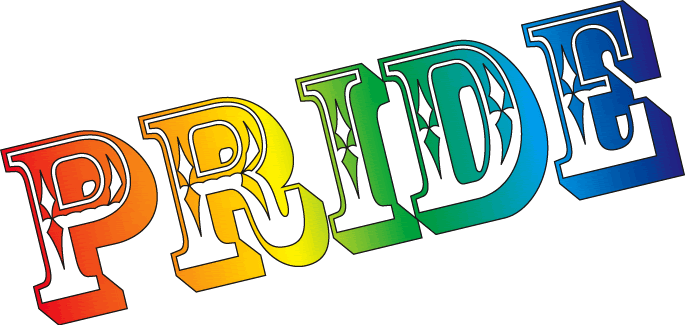
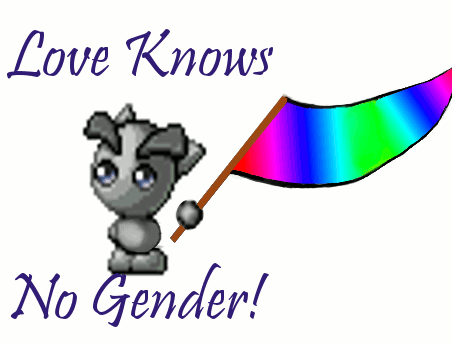


*
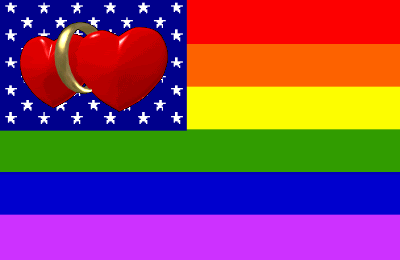
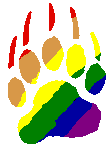

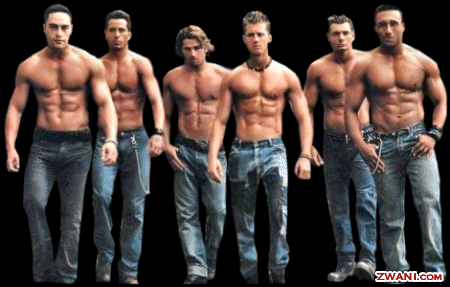
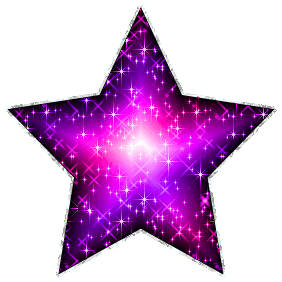

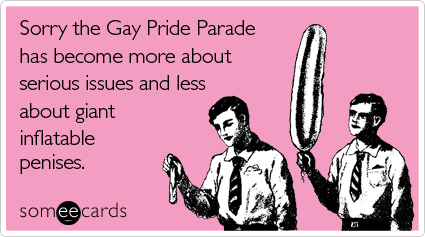
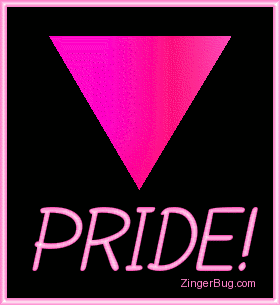
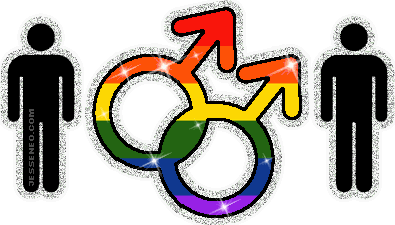
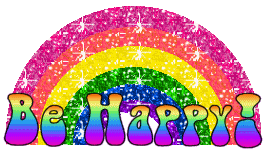
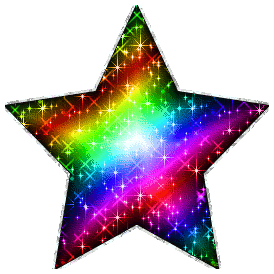
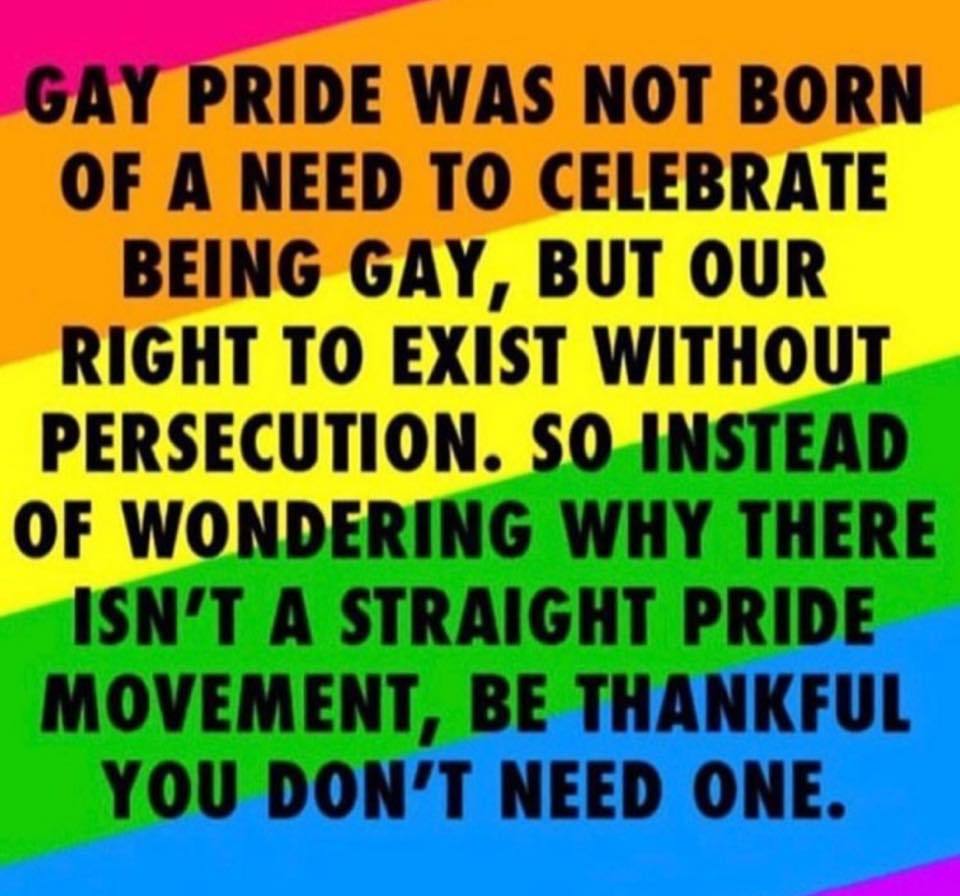
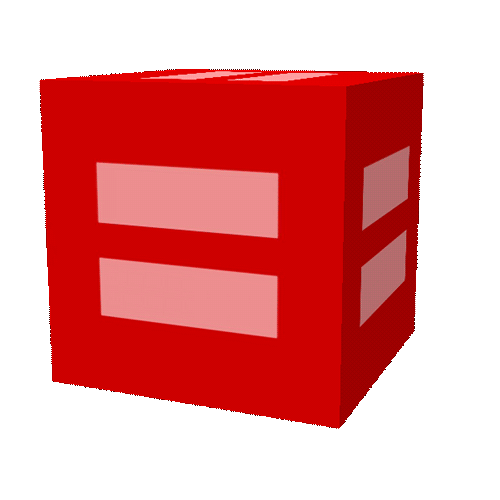
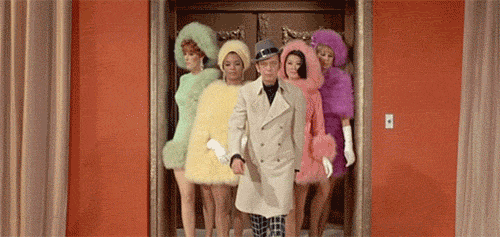
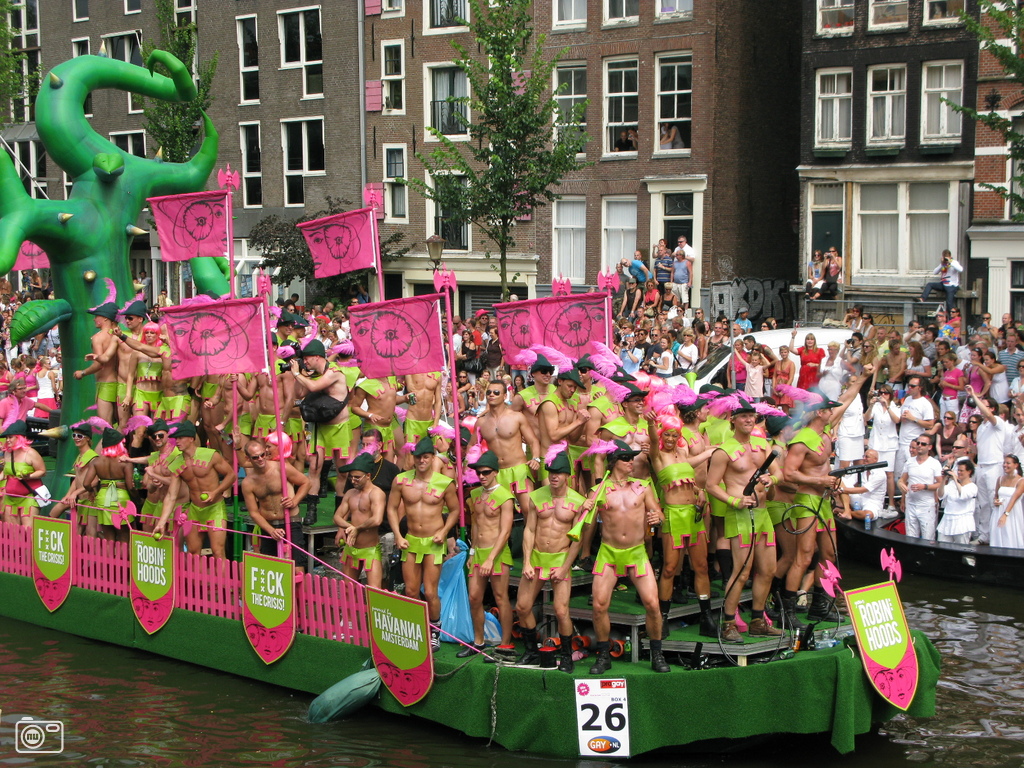
Sao Paulo
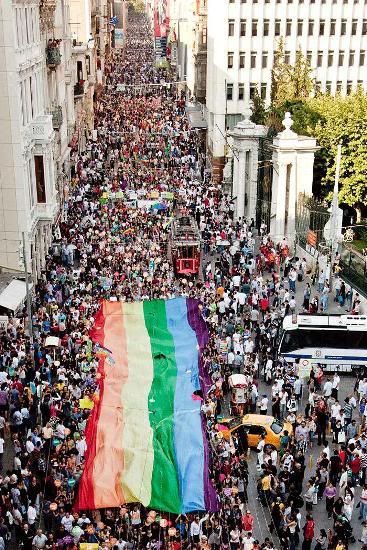

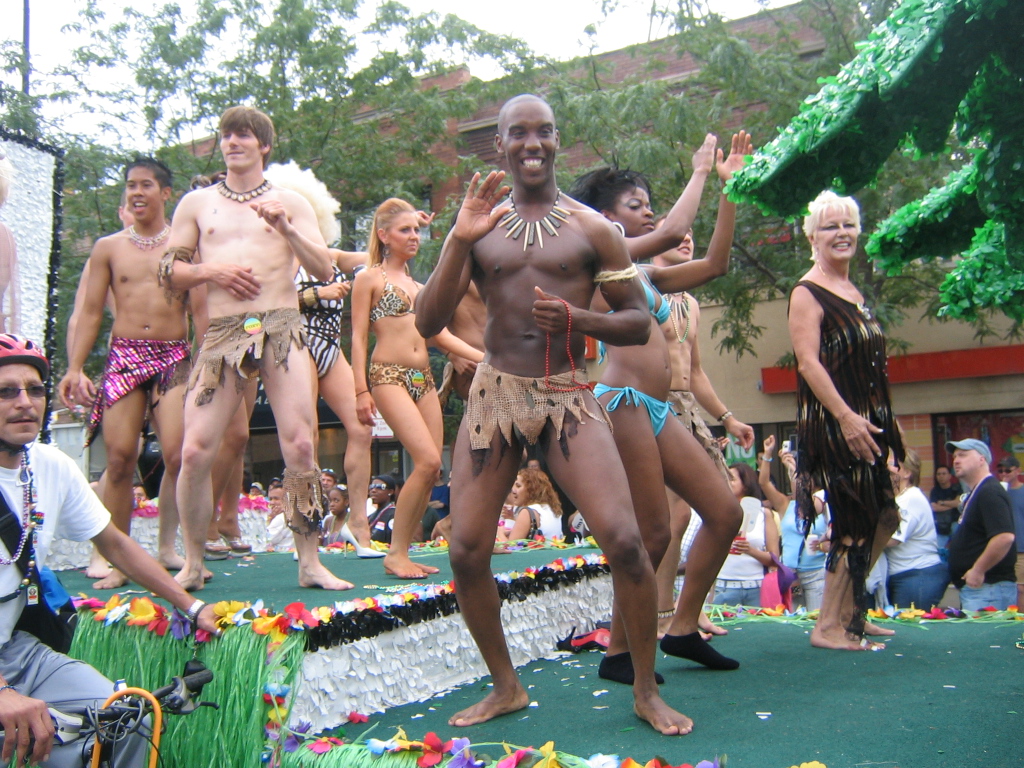
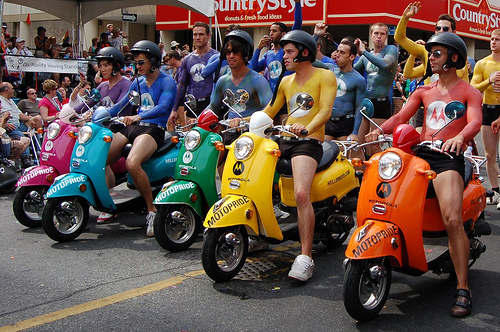
Toronto Gay Pride Parade
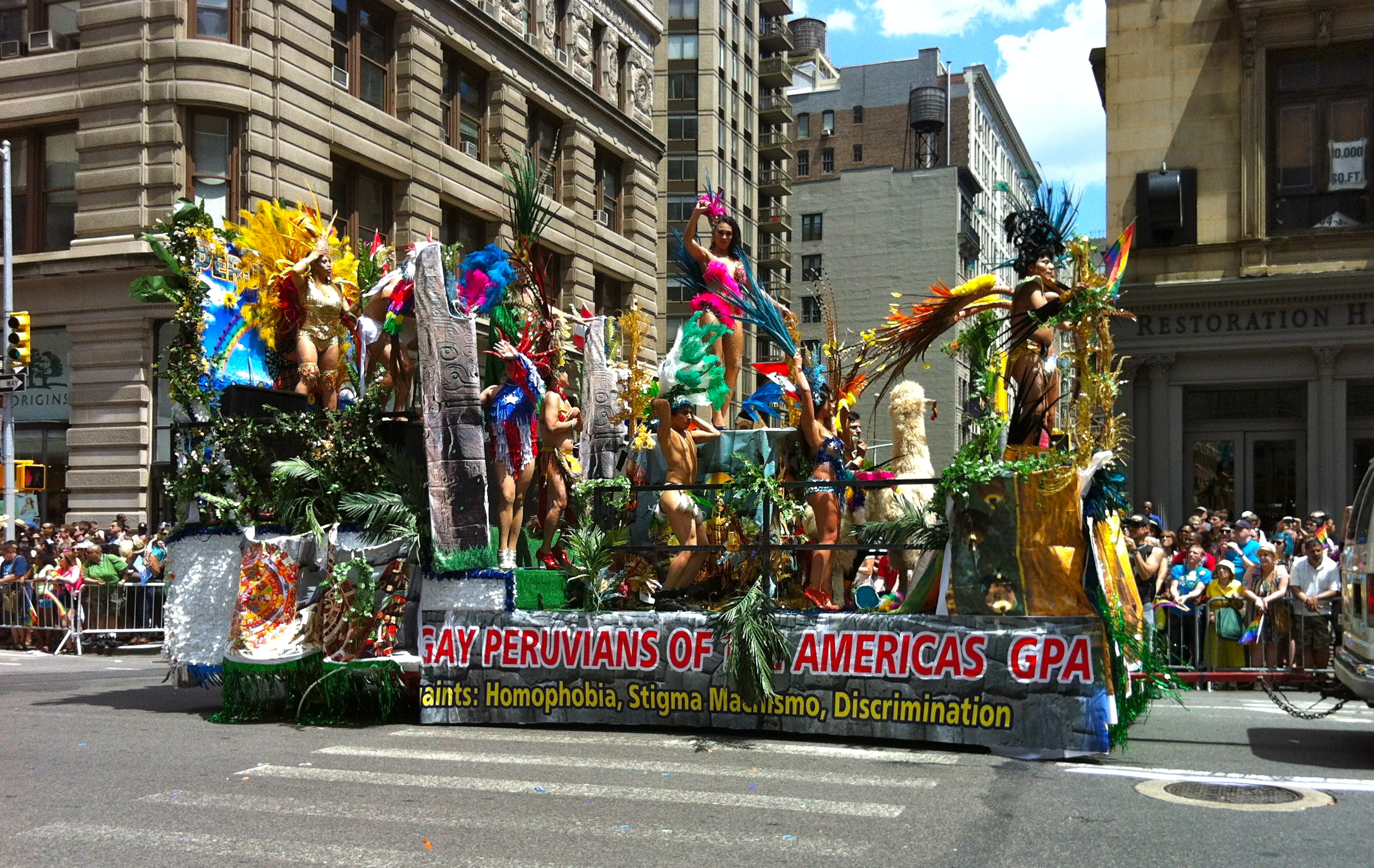

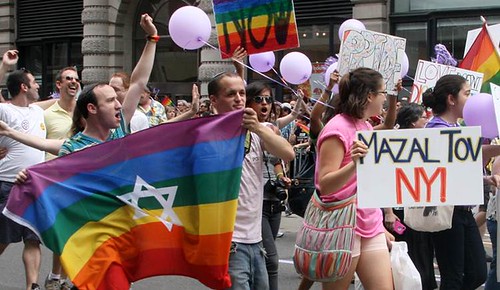

*

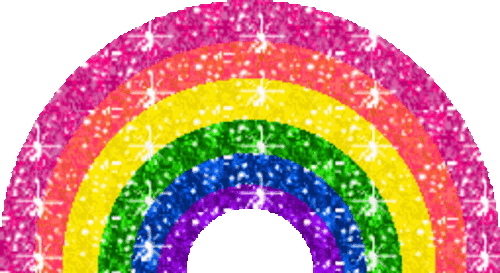
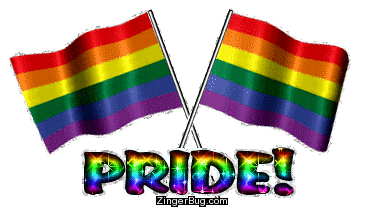
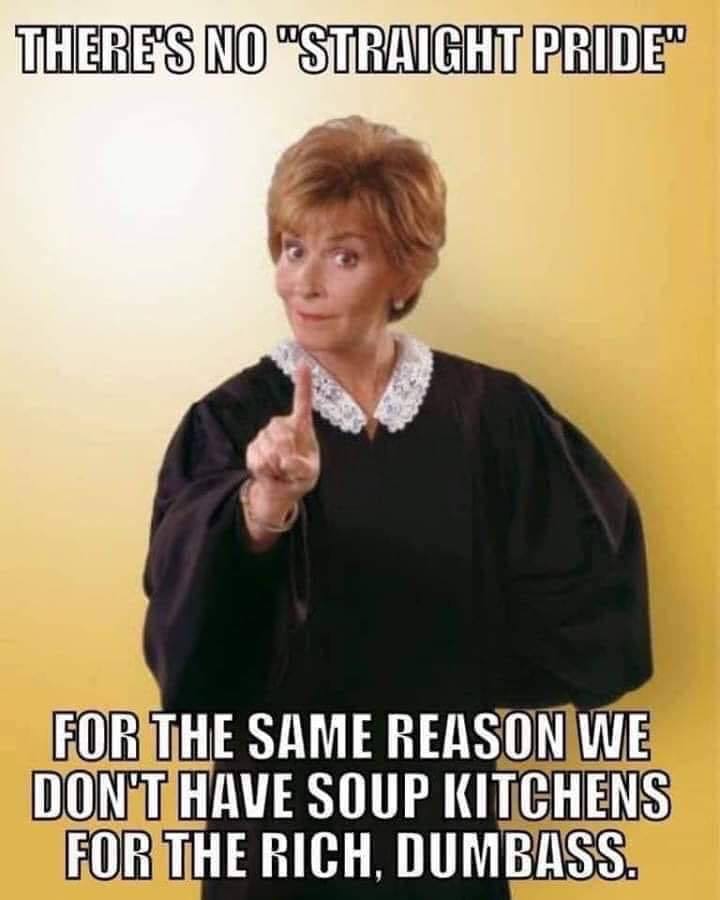
No comments:
Post a Comment